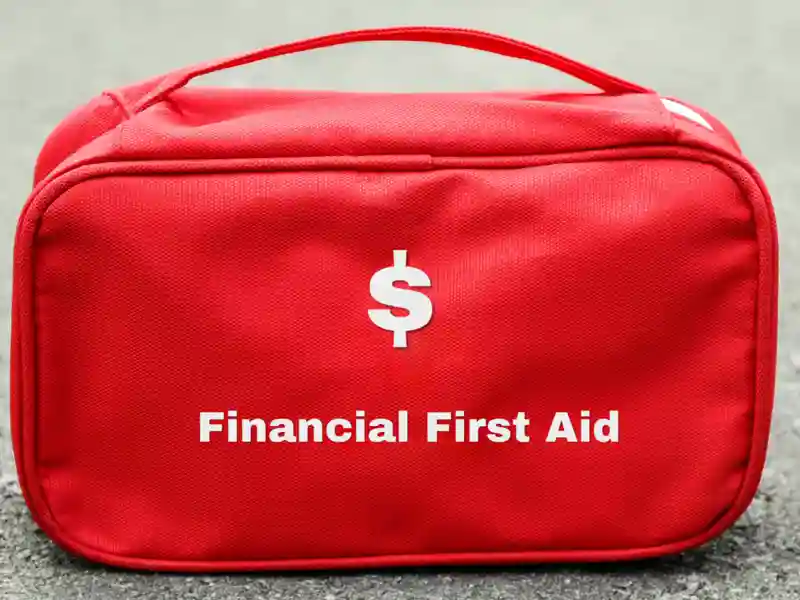
One of the first things most experienced hikers pack for a long trail is a well-stocked first-aid kit. They know that a bandage and some antibiotic ointment can keep a minor scrape from turning into a more serious problem later. Similarly, having a financial first-aid kit can be a lifesaver when unexpected challenges arise. Whether it’s a fender bender, a stolen credit card or storm damage, life emergencies happen all the time. Preparing in advance can help you take unexpected situations in stride.
Organize Your Necessities
Many emergencies, like an insurance claim, can require referencing, filling out and tracking a lot of paperwork. A well-stocked financial first-aid kit should keep all your important papers organized and include pictures of your home, valuables and receipts if you have them.
Be sure to store these documents securely — a safe that can withstand water and fire can protect important paperwork, such as birth certificates, passports, insurance policies, legal documents, automobile titles, bank information, wills, deeds and medical records. Also consider scanning these documents and storing them online as a backup.
Keep Your Kit up to Date
Your insurance coverage and other financial information can change over time. That’s why it’s crucial to periodically go through and update important documentation. It’s best to do this at least annually and whenever your situation changes significantly — such as when you get married, have a child, move or change jobs. Review your insurance policies with a qualified agent and find a lawyer to help review and update wills, powers of attorney, beneficiaries and other information pertaining to your estate. Make sure you also keep your financial contacts updated, with current information for professionals such as your insurance agent, personal banker, advisor and retirement plan administrator.
Stock up on Emergency Funds
Having money set aside for a rainy day is one of the most important ways you can keep an emergency from having a cascade effect on other areas of your finances. It can mean the difference between an unexpected car repair causing just a minor inconvenience versus keeping you from paying bills on time, potentially resulting in credit damage. A good rule of thumb is to have enough money set aside to cover three-to-six months’ worth of expenses. If you have trouble saving on your own, see if your employer offers savings plans that use payroll deductions, such as a pension-linked emergency savings account (PLESA) or a health care savings account (HSA), which can be tapped for qualified medical expenses.
Start Now, and Thank Yourself Later
If you hike enough trails, eventually you’ll probably trip and scrape your knee. But having a first-aid kit on hand means you can keep climbing. Similarly, most people experience an unexpected financial emergency or two (or more) in their lifetime. Consult with a Financial Professional to make sure your financial first-aid kit is stocked and ready. Hopefully, you won’t need it. But if you do, it will help you take financial scrapes in stride and stay on the path to your destination.
Sources: